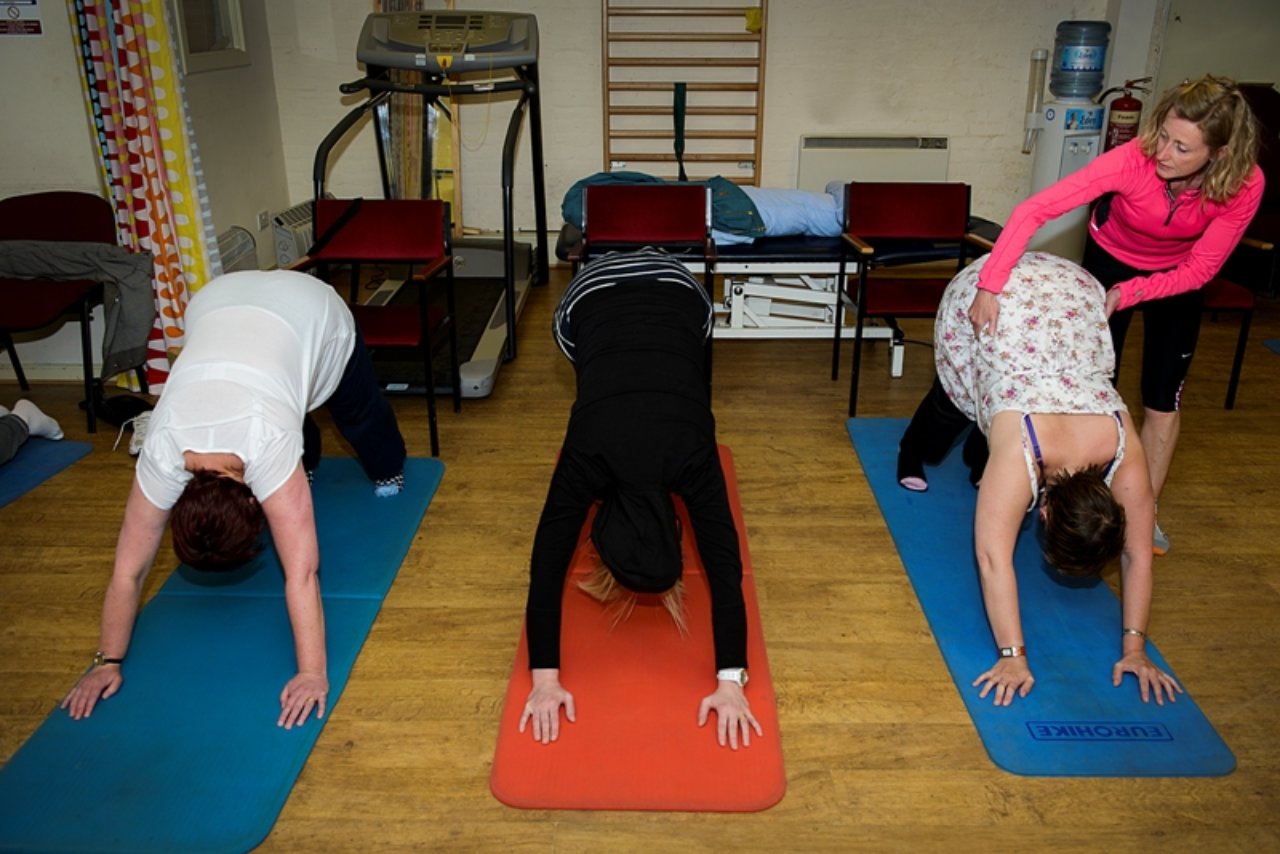
Over 10,000 people in Scotland have multiple sclerosis, the highest prevalence of any country in the world, so it is easy to see why there is demand for the services provided by Revive MS Support from those with MS, their carers and family members.
The charity’s main base is a therapy centre in Maryhill, in the north of Glasgow. Open five days a week, it offers a range of therapies including physiotherapy, counselling, and hyperbaric oxygen therapy, as well as information, advice and practical support.
Additionally, there are five outreach services in Glasgow’s south side, providing a menu of therapies and services. Over the course of a year the charity provides 13,000 therapy hours to 1,700 individuals.
One of these is Jenny Wilson-Best who was diagnosed with MS a few years ago: “The fatigue management group allowed me to find myself again. I renamed it ‘anger management’, then ‘sadness management’ and finally ‘acceptance management’. I cried a lot but I don’t cry anymore. Now I get on with my life and live it to the full. I still suffer fatigue and chronic pain and have learnt how to use my wheelchair, but thanks to Revive I have found a path upon which I can walk.”
Revive is part-funded by the NHS and is supported by grants from trusts and foundations and other statutory bodies. However, the organisation’s own fundraising efforts are crucial. There is no charge for services, though many clients make generous donations.
The charity turned to Pilotlight because “we needed to assess where we were as an organisation and where we wanted to be in the future”, says chief executive Iain Morrison. “The Pilotlight process ticked both those boxes.
“The primary aim was to have a sustainable strategic policy in place. We realised that we needed an assessment of what we actually offered and have that defined; the by-product of that should be to open up more funding streams.”
Iain says the Pilotlighters “gave us the building blocks to put together what we think is a realistic, yet aspirational, strategic plan”.
Key goals are to set up two more outreach services over the next three to four years and to develop e-health services. “We have expertise and resources that could be delivered across Scotland via e-health, such as teleconferencing and face-to-face support via Skype, with therapists and nurses providing online information about the condition,” says Iain.
The charity graduated from the Pilotlight process in October 2012 and Iain believes it has changed the thinking process of the senior management team.
“For example, in terms of succession planning it helped us identify the skillset we will require in the future,” he says, “so that when we are recruiting we will be thinking about the additional skills needed to develop each post.
“I would absolutely recommend the process. We had a brilliant team and we can’t speak highly enough of them or the Pilotlight process.”
Janette McPhail, a risk manager at Prudential, was one of the Pilotlighters on Revive’s team, along with a Pilotlighter from DWF Biggart Baillie and two individual members. She says, “By not knowing the charity it meant we asked very basic questions, but that’s often what helps get to the root of the issue.”
On a personal level Janette felt the process gave her a much better understanding of the charitable sector and she wanted her involvement to continue. “I’ve offered to volunteer for Revive – you invest your time and emotion during the process and I wanted to retain that; you feel a sense of pride in seeing them succeed. I’m also investigating the possibility of becoming a trustee for another charity. These are things that I would never have considered before if it wasn’t for the Pilotlight process.”